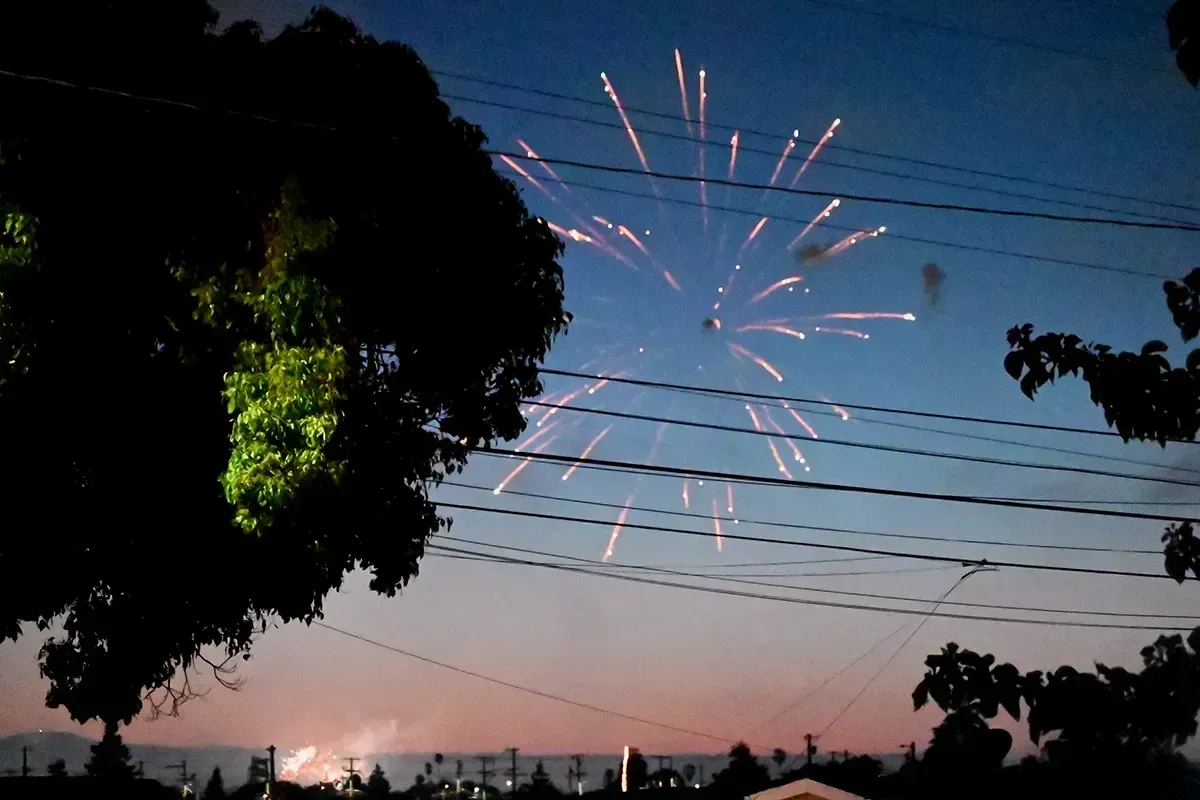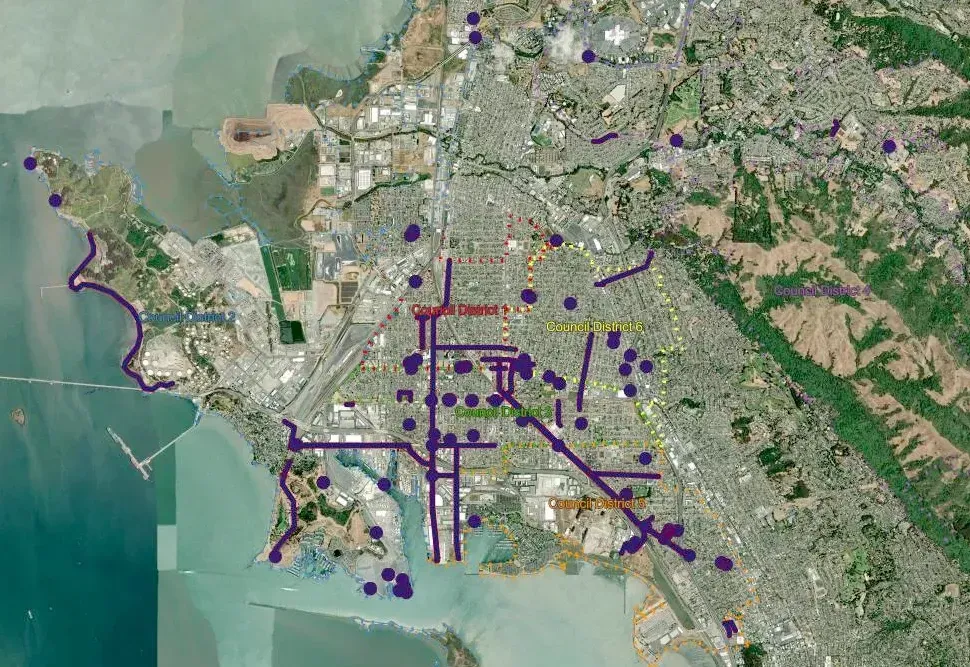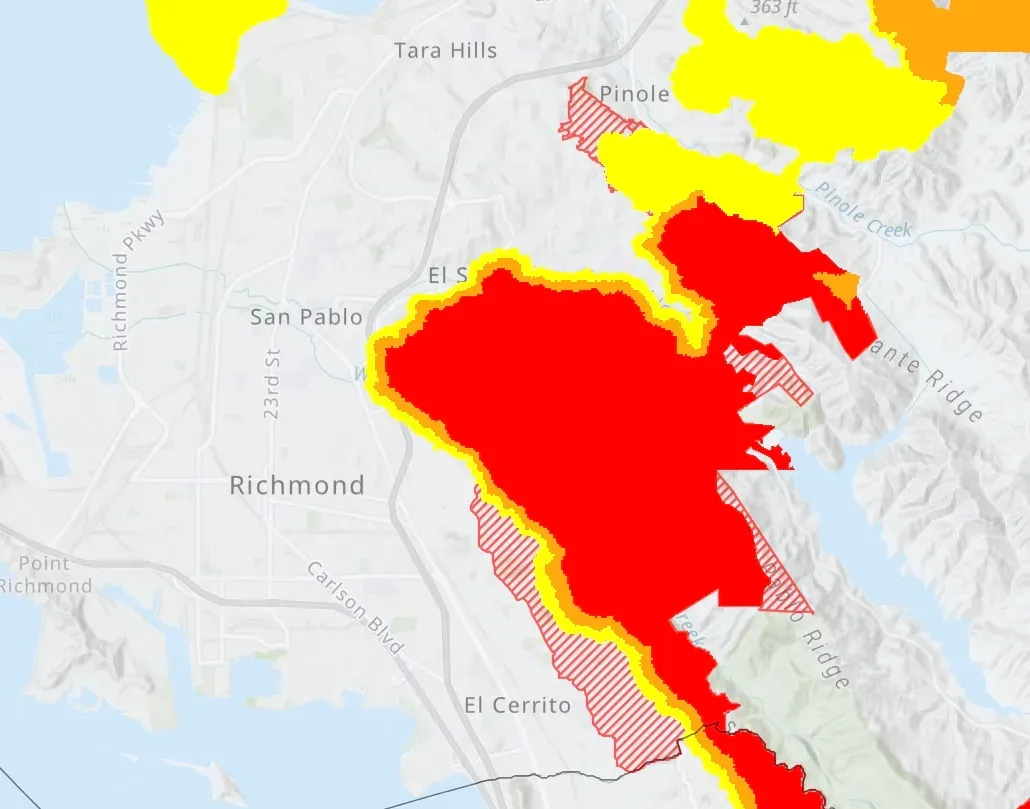

The Richmond City Council will hold a special meeting next week after a packed agenda left councilmembers short on time Tuesday night, forcing them to delay discussions on the city’s capital improvement program, budget priorities, firework fines, and temporary closing of select streets to cars.
The special council meeting lists a start time of 3:30 p.m. with no closed session items.
The council was set to receive updates and provide direction on several major topics, including new Capital Improvement Program requests and proposed citywide prioritization factors. However, with only minutes remaining before the meeting’s scheduled end, Mayor Eduardo Martinez acknowledged that the scope was too broad to address in the limited time available.
“There’s way too much for us to discuss in six minutes,” Martinez said. “So we will continue at our next meeting.”
The council recently changed the meeting start times and added a strict 11 p.m. stop time.
As time expired, council members debated how to provide feedback before May 6 without violating the Brown Act, which restricts how public officials can communicate outside formal meetings. Some floated the idea of submitting questions in writing or holding a special meeting.
“Point of order,” Vice Mayor Cesar Zepeda said. “We’re now out of order because the meeting is over.”
There are only three items on the special meeting agenda, all held over from the April 22 meeting.

Richmond reviews capital project spending, prioritization
Richmond city staff is updating the City Council on its Capital Improvement Program, which includes 95 projects. Staff is addressing budget shortfalls in existing projects and presenting a draft list of new, unfunded project requests for the 2025-26 fiscal year. The list includes 49 projects that would cost more than a Chevron Settlement ($569,017,750)
The city also proposes a new weighted criteria system to prioritize projects, considering factors like equity, required work, project readiness, environmental impact, and economic development. The council will review the program and provide direction to staff, as the city aims to allocate resources effectively.
According to the agenda, the public comment session is closed. Two people signed up to comment on the item Tuesday night, but even the council gadflies had left minutes before the 11 p.m. end of the meeting.
Creating safe spaces for walking, bicycling, and activities
Richmond could soon join the growing number of cities around the world embracing open streets events, as Councilmember Claudia Jimenez is proposing a pilot Ciclovia project for summer 2025.
Ciclovia is a Spanish term that means “cycleway,” either a permanent bike path or temporarily closing streets to automobiles for cyclists and pedestrians.
The proposal calls for staff to develop a design, budget, and implementation plan to temporarily close selected city streets to vehicle traffic, allowing for cycling, walking, and community-centered activities.
According to the agenda report, Ciclovias are events that “temporarily close streets to automobiles to provide safe spaces for walking, bicycling, and other social activities.” Originating in Bogotá, Colombia, in the 1970s, the concept has since expanded globally, with local adaptations such as San Francisco’s “Sunday Streets,” which launched in 2008.
If approved, Richmond’s pilot event would require coordination with transit agencies like AC Transit to reroute buses, identify suitable streets and solicit public input. Options for engagement include workshops, surveys, or collaboration with neighborhood councils and community organizations.

Increasing fines for fireworks in high fire hazard zones
Richmond City Councilmember Soheila Bana proposes tripling fines for illegal fireworks in areas designated as High and Very High Fire Hazard Severity Zones to reduce wildfire risk and improve public safety.
The item would direct the City Attorney’s Office to draft an ordinance amending the city’s municipal code to specifically target fireworks-related violations in high-risk fire zones.
According to the proposal, illegal fireworks can ignite fires that spread rapidly through dry vegetation and nearby structures, leading to property damage, displacement, and environmental harm. The measure argues that increased fines would serve as a stronger deterrent, especially during high-risk periods like the Fourth of July and New Year’s Eve.
Thanks to our subscribers, who help make this coverage possible.
If you are not a subscriber, please consider supporting local journalism with a Grandview Independent subscription. Click to see our monthly and annual subscription plans.
Copyright © 2025 Grandview Independent, all rights reserved.
